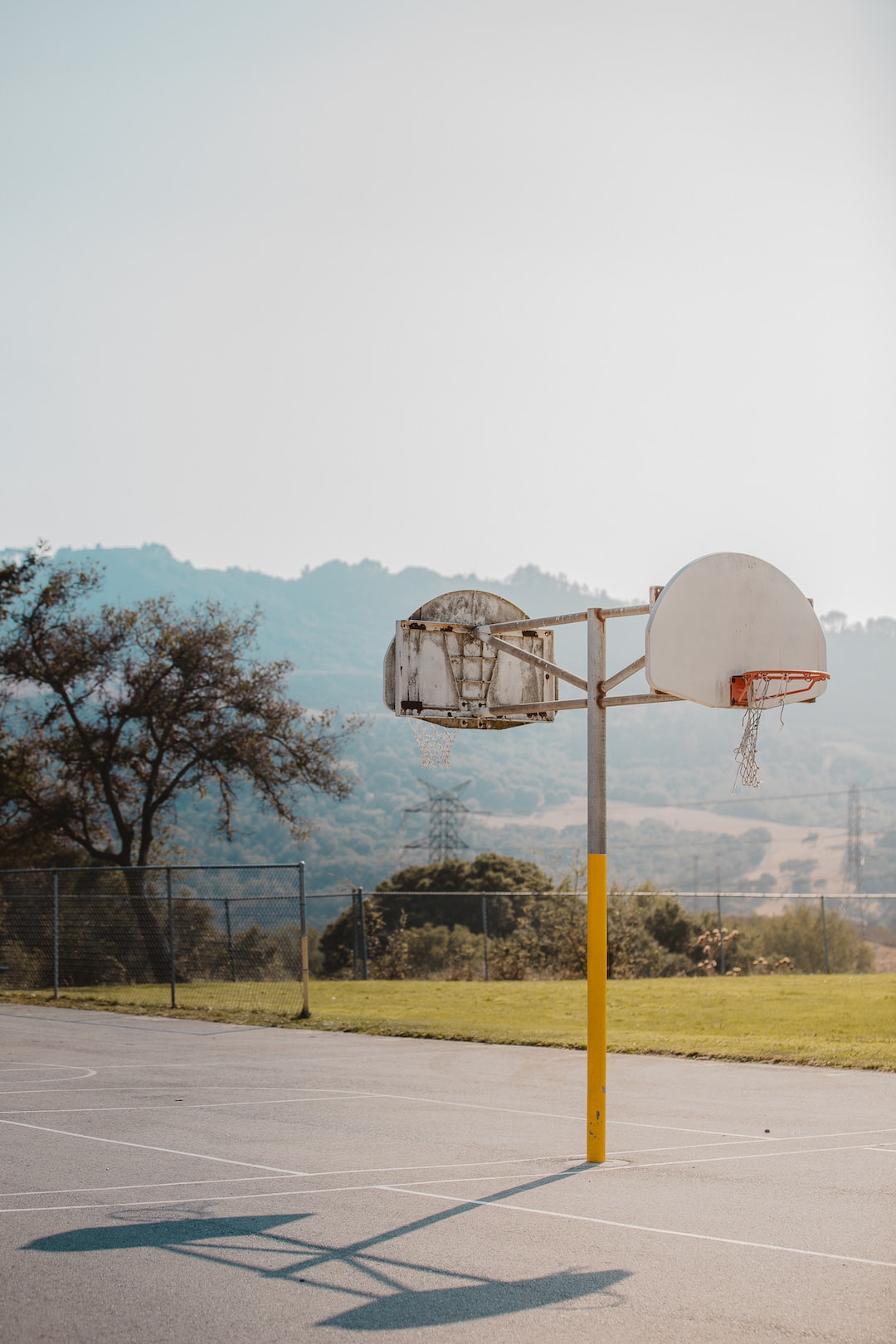Sleep is often an overlooked aspect in athletic recovery and performance, with many athletes focusing solely on training and nutrition. However, getting enough quality sleep plays a crucial role in an athlete’s overall well-being and can greatly impact their performance on the field or court.
First and foremost, sleep is one of the most effective ways for the body to recover. During sleep, the body undergoes important physiological processes that aid in repairing and rebuilding damaged muscle tissues, replenishing energy stores, and strengthening the immune system. Without sufficient sleep, athletes may experience slower recovery times, increased risk of injury, and reduced muscle growth.
In addition to physical recovery, sleep also plays a significant role in cognitive function. Athletes often need to make quick decisions, react to changes on the field, and stay focused throughout a game. Lack of sleep can negatively affect these cognitive abilities, leading to impaired judgment, slower reaction times, and decreased attention span. This can have a direct impact on an athlete’s performance, making it crucial to prioritize sleep for optimal cognitive functioning.
Moreover, sleep deprivation can greatly impact an athlete’s mood and emotional well-being. Studies have shown that insufficient sleep can lead to increased levels of stress, anxiety, and irritability. These negative effects on mental health can hinder an athlete’s ability to perform at their best and enjoy their sport. On the other hand, getting enough sleep promotes a positive mood, reduces perceived stress, and enhances overall mental resilience.
While the quantity of sleep is important, the quality of sleep is equally essential. Athletes should aim for uninterrupted, deep sleep to reap the full benefits of sleep on their recovery and performance. Strategies such as creating a relaxing sleep environment, establishing a consistent sleep routine, and avoiding stimulants like caffeine and electronic devices before bedtime can all contribute to better sleep quality.
It is also worth mentioning that the timing of sleep can be crucial for athletes. Research has shown that sleep immediately following training or competition can facilitate the recovery process by promoting muscle repair and growth. Additionally, a short nap during the day can enhance alertness, reaction times, and overall performance, especially during multi-day competitions or high-intensity training periods.
In conclusion, sleep plays a vital role in athletic recovery and performance. It is not just a luxury but a necessity for athletes seeking to maximize their potential. Sufficient and high-quality sleep improves physical recovery, enhances cognitive function, boosts mood, and promotes overall well-being. Athletes should prioritize sleep as part of their training regimen and recognize its profound impact on their athletic success. By giving sleep the attention it deserves, athletes can optimize their performance and achieve their goals on and off the field.

